Our body is made up of organs. Organs are of two types
- External organs
- Internal organs
Exernal Organs-Sense Organs
Eyes, ears, nose, tongue and skin help us to know about our surroundings and gain knowledge of the different things hence they are called the sense organs.
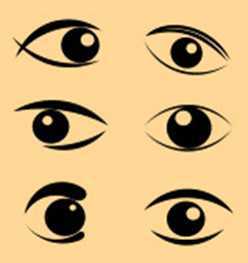
Precautions to be taken to protect our eyes:
- Always read in sufficient light (not very bright or dim light). See that while reading the distance between the book and your eyes is about 30 centimeters. (Measure the distance 30 cm. with a scale)
- Do not read while travelling in a bus or train and other vehicles.
- We must wash our eyes daily with cold water.
- Always watch the television with sufficient light in the room. We must not watch T.V. for long and from very near. Care must be taken that the distance between the television and our eye must be not less than two and half metres (2.5 m).
- If you are not able to see the letters properly on the black board you must inform your parents and teacher.
- Do not rub your eyes.
- Do not use the handkerchief and towels used by the persons suffering with eye infections like conjunctivities etc.
- Consult an eye specialist / doctor if irritation, redness, watering and burning sensation of eyes persists or while
Precautions to be taken to protect our ears:
- Close the ears if loud and harsh sounds are heard.
- Take proper care to prevent water entering into ears, clean your ears with a clean cotton cloth.
- Do not use hairpins or match sticks to clean the ears.
- If there is pain in your ears or for other ear problems you must consult a doctor immediately.
- Do not use castor oil or other oils for the ears
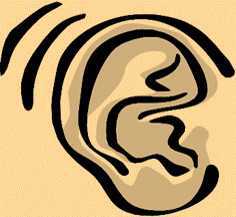
Precautions to be taken to protect our nose :
- We must always keep our nose clean.
- Do not insert slate pencils, pencils, pieces of chalk, sticks, fingers into your nostrils.
- Consult a doctor if small pebbles or things enter your nostrils and if breathing is difficult or painful.
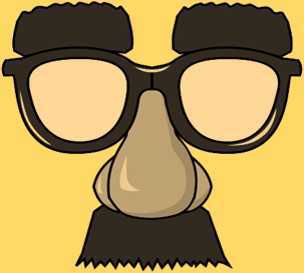
Precautions to be taken to protect our mouth, tongue and teeth :
- We should keep our mouth clean.
- We should rinse our mouth with water before and after eating. If we do not rinse germs may attack and cavities develop in our tooth and thus teeth may decay and fall and results in bad breath.
- Hence we should brush our teeth and also clean the tongue daily in the morning.
- We should also clean our tongue and brush our teeth before going to bed at night.
- Brush twice a day that is every morning and every night before going to bed.
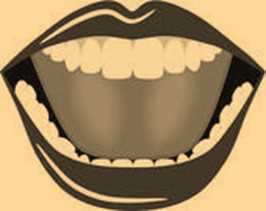
- After brushing the teeth, rub the teeth and the gums with your finger and also
rinse your mouth with water. This helps in keeping the teeth strong.
- Rinse your mouth with water after eating or drinking this helps in washing away the bits of food particles stuck on and between the teeth. Rinse twice or thrice in a day.
- Brush the teeth of the upper jaw from up to down and lower jaw teeth from down to up.
- Brush the teeth from all sides that is up, down, inside, outside, leftside, and rightside, each and every tooth must be brushed properly and in circular motion. If the teeth are not properly brushed plaque deposits on the teeth and results in tooth decay. This causes tooth ache. In this case the dentist pulls out the decayed tooth. New tooth do not grow in its place. If we do not have teeth we cannot eat solid foods.
Precautions to be taken to protect our skin:
- Have a bath twice a day every morning and evening with soap and water.
- While bathing rub the skin throughly. This helps in the removal of dead cells and makes the skin shiny.
- Apply vaseline or moisturiser on your body during winter. Cover your body fully with worm clothes.
- During summer wear loose cotton clothes and drink plenty of water.
- Drinking lot of water helps in replenshing water last thgough sweat. Sweating releases the wastes and it is sent out through skin freely. Skin also becomes smooth.
Internal Organs
Lungs
Lungs in our body, absorbs the oxygen from the air which we breathe in. Nose, wind pipe and lungs are the important organs of the respiratory systems. The air we breathe in enters into the wind pipe.
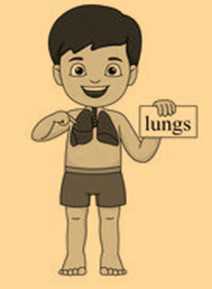
Heart
Heart supplies blood to all parts of the body. Blood transports the oxygen and a variety of materials obtained from the food which we eat to each and every part of the body.
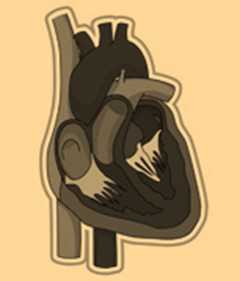
Skeletal System
There are many types of bones in our sketelal system. There are 206 bones in our body. Some bones are small, some are big, some are wide, some are sharp, some are curved with different shapes and sizes at different parts of the body. Skeleton gives shape and support to our body. It protects the important organs of the body. The bony, frame work in the head is called the "Skull". This protects the brain. Back bone is made up of small bones from neck to waist. This helps the body to stand erect. It is also called the "Spinal Cord"..
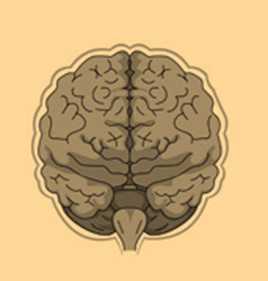
Digestive System
The food we eat changes its form in our mouth. The food supplied to different parts of the body is not in the same form in which we eat. It changes into different forms. The solid and liquid foods change into simple substances and finally gets absorbed into the blood. This process of changing starts from the mouth. The absorbed food is utilised by the body and the remaining waste materials are sent out of the body in the form feaces and urine.
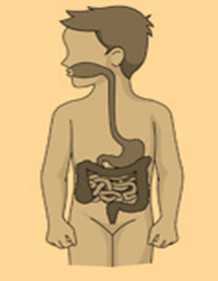
Excretory System
In our body many life processes go on continuously. Through these processes many wastes / harmful substances are formed. The unwanted wastes formed in this way from different processes are sent out as they are formed.
If the food we eat is digested we get energy. The food left after digestion is sent out in the form of 'faecal matter'.
Two kidneys are situated at the back in the waist region. One on either side of the spinal cord the back bone in our body. They filter the blood and separates impurities from it. These impurities are sent out in the form of urine. Skin is an excretory organ. It sends out the wastes in the form of sweat.
Nervous System
Each and every part of our body has nerves. They pass on the information obtained from the sense organs to the brain. Brain analyzes the information and gives instructions to the parts of the body through nerves. For example when a dog barks at you (or) when you ride a bicycle, immediately, the brain co-ordinates with the different body parts and it orders the nerves to take necessary action. Brain functions properly only when you take nutritious diet i.e., all types / kinds of food must be taken in right amounts. The doctor who treats the diseases related to the nerves and brain is called a 'Neurologist'. The organs visible outside maintain the metabolism of various organ systems present inside the body. For this the body needs a balanced diet and healthy life style.
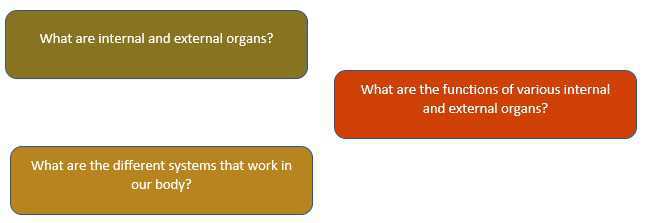

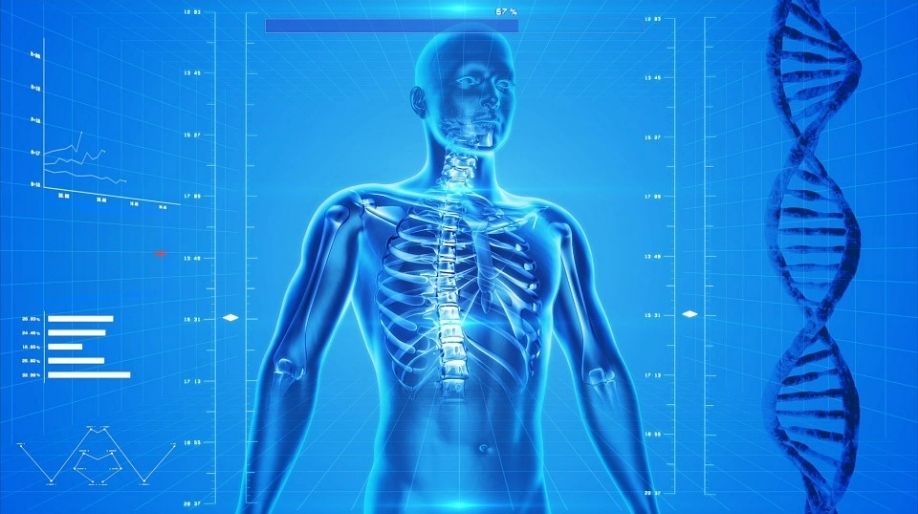
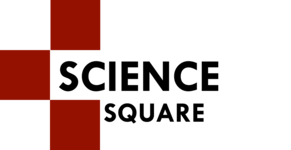














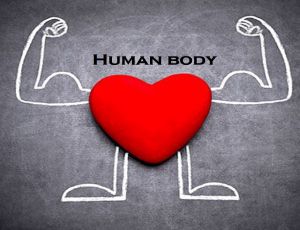
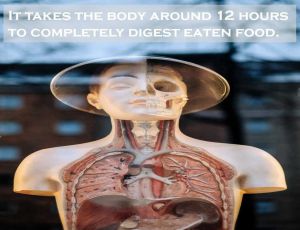
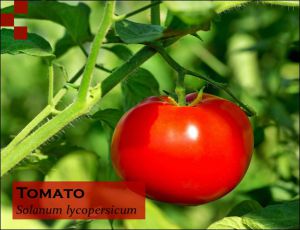






Comments